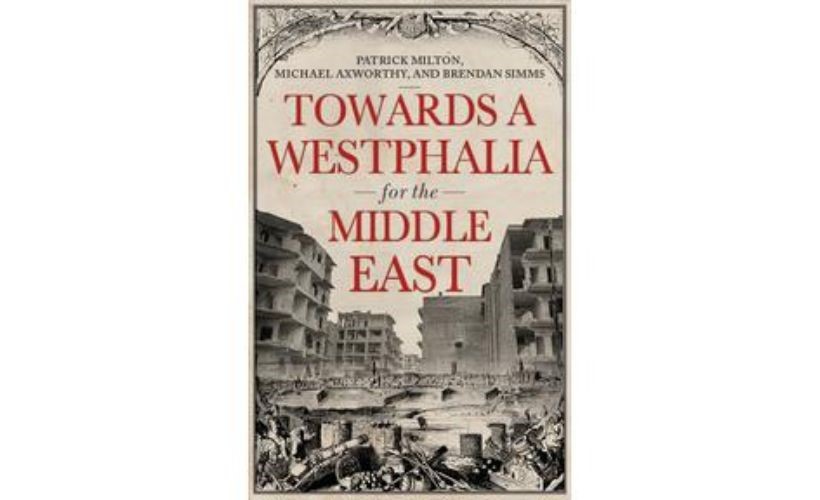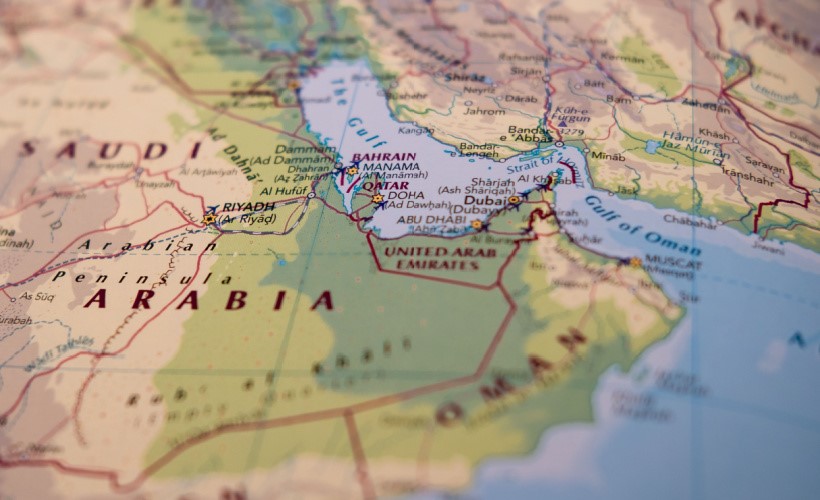By Dr Anahita Arian
On 8 November, the Centre’s Westphalia Programme held an in-person event to discuss the ongoing protests in Iran, following the arrest and killing of the young Kurdish woman Mahsa Jina Amini by the Islamic Republic’s morality police. Over 100 people gathered in King’s College, Cambridge, to hear speakers Dr Evaleila Pesaran, Dr Anahita Arian, and Professor Cynthia Enloe discuss the feminist and intersectional character of the protests. Dr William Figueroa acted as moderator for the panel.
To start, Dr Pesaran addressed the background of the ongoing protests and the history of feminism and feminist movements in Iran, going all the way back to Iran’s Tobacco Protests in 1890. She described how these historic protests, and the active role played by women, paved the way for Iran’s Constitutional Revolution (1905-1911). Pesaran went on to say that it is a fallacy to think Iranian women have only now just ‘awakened’, as they have long been part of Iran’s political life and fabric. She argued that women have always been at the forefront of democratic change and the realisation of their rights, particularly in the last four decades, due to the gender apartheid policies of the Islamic Republic and its legalised discrimination of women.
Dr Arian, in turn, focused on the ongoing situation in Iran, the feminist and intersectional character of the protests, and whether the protests could be considered a ‘revolution’. Arian argued the protests could be considered revolutionary because they are the product of the political, economic and cultural policies that have negatively impacted the lives of Iranians over the last four decades. Furthermore, she described how it is not just women who have stood up against the Islamic Republic’s legalised discrimination and harassment of women and minorities, and the promotion of misogynist masculinity. Gen Z, men, and Iranians of all stripes with different intersecting social identities – such as sex, gender, class, ethnicity, and religion – have unified in their resistance against the Islamic Republic to defend the rights of women. This is reflected in the revolutionary creed of Zan, Zendegi, Azadi (Woman, Life, Freedom).
Professor Enloe then addressed the question of how non-Iranians can be an ally of Iran’s feminist and intersectional revolutionary cause. Enloe suggested that those from the West should eschew sentiments of political, economic and social-legal superiority. Such attitudes are not only unproductive but also deny the reality that the West still needs to do much more to preserve and expand women’s rights and gender equality. The recent reversal of abortion laws in the United States, and the securitisation and control of women’s bodies by American courts of law, is a case in point. It illustrates how, with the stroke of a pen, women’s rights can easily be reversed. She concluded that, in short, here in the West the battle also goes on and the best way to be an ally of the Iranian feminist and intersectional revolutionary cause is to listen, to empathise, to learn, and to amplify the voices of Iranians.
Finally, the panel discussion was followed by a lively Q&A session in which the ongoing situation in Iran was further explored. This included the regime’s response to the protests, the international response to it, and the transnational and regional effects of the feminist intersectional revolution. The speakers observed that, in this regard, while some governments in the Middle East are not sad to see the Islamic Republic under duress, a successful (short- to long-term) outcome of Iran’s feminist revolution is also, for many of them, a double-edged sword. This is not only because the feminist revolution in Iran has already inspired many women in the region to express their solidarity. It is also because its continuation (even in the absence of a successful outcome) could have an Arab Spring-like domino effect and motivate peoples across the wider region to demand democratic reforms and gender equality from their respective governments.







